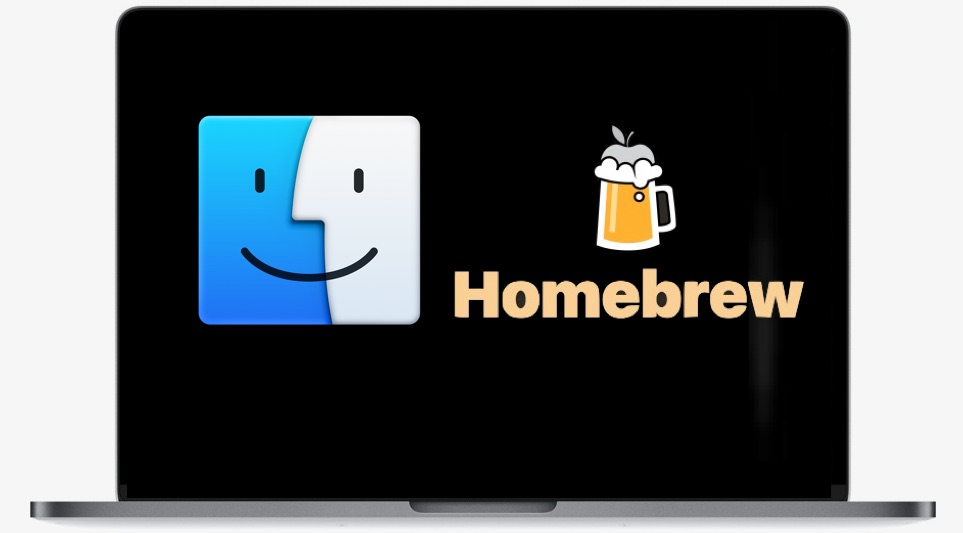This tutorial provides a deep dive of Homebrew, a package manager for Mac OSX (MacOS) that’s like other package mangers for Linux: Distribution Package Manager Format GUI tools; Darwin (macOS) Homebrew-brew: Debian, Ubuntu. Such as where to find tar.gzip files for download. Brew installs packages in its own Cellar directory (folder).
If you’re looking for an easy guide to install Node.js and npm on OS X and macOS — this is it.
Before we get started, are you listening to JS Party? If not, you should be! Maybe start with our episode all about best practices for Node developers. ✊
The default method for installing Node.js is to download a pre-built installer for your platform, install it and make sure it’s on your $PATH.
However, if you’re a Homebrew fan like me and prefer to install all of your packages with it — ensuring your packages are installed using the same commands and directories and allowing Homebrew to easily manage upgrades and updates — then this guide will help you get started.
- Installing Homebrew on Mac. Lets start by opening up Terminal and installing Homebrew. Homebrew is a macOS package manager that makes installing packages on macOS a breeze. To install Homebrew on Mac run the following command. Download MySQL Server for Mac from the MySQL Community site.
- Preparations: XCode CLI. Make a full backup of your system right before following these instructions. Open the App Store to install XCode, Apple’s IDE for developing Swift and Objective-C to run on iPhones and iPads.
Install Node.js and npm with Homebrew
First, install Homebrew.

Then run brew update to make sure Homebrew is up to date.
As a safe measure you should run brew doctor to make sure your system is ready to brew. Run the command below and follow any recommendations from brew doctor.
Next, add Homebrew’s location to your $PATH in your .bash_profile or .zshrc file.

Next, install Node (npm will be installed with Node):

To test out your Node and npm install, try installing Grunt (you might be asked to run with sudo):
If that worked then congratulations — you’ve installed Node.js, npm, and Grunt.
If not — retrace your steps or post a question to Stack Overflow.
Listen to related podcasts on The Changelog
Free Homebrew Software
Since you’re interested in Node.js, npm, and Homebrew — listen to some recent related podcasts we’ve done on those subjects.
